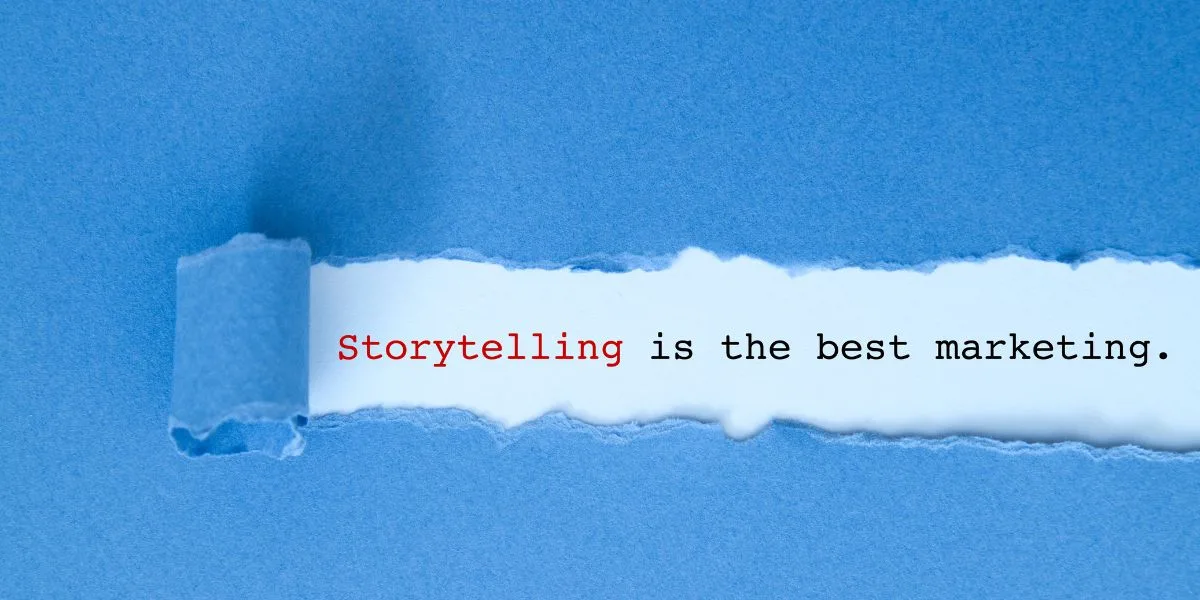In today’s hyper-competitive marketplace, small businesses face an overwhelming number of choices, including where to invest, how to market, and whom to hire. But amid all the complexity, one thing remains constant: trust is the most valuable currency a business can earn.
It isn’t a line item on a balance sheet, but it influences every single metric that matters—sales, referrals, reputation, and ultimately, longevity. If you’re a small business owner focused on long-term growth, understanding why trust is important should be central to your strategy. More importantly, you should know how to build trust in your small business, because it doesn’t happen by accident.
Trust Is Not Just a Feeling, It’s a Strategic Asset
Too often, trust is treated as a soft concept. It’s framed as a byproduct of good behavior rather than a critical component of business success. But in reality, trust is a strategic differentiator, and one of the few that can’t be easily replicated.
When a customer trusts your business, they don’t just choose you, they stay with you. They’re less price-sensitive, more forgiving when mistakes happen, and more likely to refer others. The value of trust compounds over time, creating a sustainable competitive advantage that money can’t buy and competitors can’t copy.

Why Trust Is Important for Small Business Owners
For small businesses, the stakes are even higher. You don’t have the name recognition, budget, or reach of a national brand. What you do have is the ability to foster deep, human-centered relationships if you use trust as your guiding principle.
Here’s why trust is especially critical in small business environments:
- It reduces uncertainty. People are more likely to choose local or smaller firms when they feel confident that the business will deliver on its promises.
- It increases conversion. Whether it’s someone visiting your site, attending a seminar, or reading reviews, trust is what tips interest into action.
- It boosts referrals. When clients feel heard, valued, and cared for, they naturally share their experience.
- It protects your reputation. In an era where one negative review can damage your credibility, trust acts as a buffer. Loyal customers defend you.
- It accelerates decision-making. The higher the trust, the faster the transaction. Clients don’t second-guess your price, process, or product.
The Value of Trust in a Post-Digital World
We’re now operating in a post-digital era, where access to information is instantaneous, and skepticism is built into every purchase decision. Consumers research extensively, compare relentlessly, and trust slowly.
The paradox? Although we’re more connected than ever, authentic relationships are becoming increasingly challenging to build.
That’s where trust becomes not only valuable, but vital. If you can position your business as trustworthy in a world filled with noise, you stand out in the best possible way.

How to Build Trust in Your Small Business
So, how do you build trust when skepticism is high, attention spans are short, and the market is crowded?
Here are six powerful, strategic ways to cultivate trust that lasts:
1. Demonstrate Credibility Through Consistency
Trust begins with doing what you say you’ll do, every time. That includes everything from showing up on time to delivering your product or service exactly as promised.
Inconsistency, even in small things like tone of voice or visual branding, creates friction. Successful businesses treat consistency as a signal of professionalism.
2. Be Transparent, Even When It’s Uncomfortable
Today’s consumers value honesty over perfection. If there’s a delay, explain it. If a product didn’t meet expectations, own it. If a price is high, clarify the reason behind it.
Transparency builds credibility, which in turn is the foundation of trust.
3. Show Social Proof and Real Results
Trust grows when people see that others have trusted you too. Make reviews, testimonials, and case studies easy to find and hard to ignore.
Better yet, use video testimonials or third-party review platforms to make your proof even more credible.
4. Offer Value Before You Sell
In a relationship-driven economy, the most successful small businesses are those that give before they ask. Offering a free educational seminar, a downloadable resource, or even personalized advice shows you’re not just in it for the transaction.
It sends a clear message: We care about your outcome, not just your wallet.
5. Invest in Real Relationships
People trust people, not logos. When customers feel seen, heard, and appreciated, they develop emotional loyalty. That loyalty not only leads to repeat business, it turns your clients into your most powerful marketing channel.
Return calls quickly. Personalize your outreach. Ask for feedback, and act on it. The value of trust increases exponentially when your customers feel like you’re in their corner.
6. Lead with Integrity
At some point, your values will be tested, and how you respond matters.
Small businesses that lead with ethics—especially when it’s hard—earn trust that can last a lifetime. In many cases, integrity isn’t just remembered. It’s rewarded.
Ready to Turn Trust Into Growth?
Building trust is powerful—but knowing how to leverage it in your marketing is where real results happen. Our experts help small business owners craft strategies that connect, convert, and retain loyal clients.
The ROI of Trust
Let’s be clear: trust drives revenue. According to Edelman’s Trust Barometer, 68% of consumers say trusting a brand is more important today than it was in the past. And 81% say they must trust a brand to buy from it.
For small business owners, that means investing in trust-building is not just about reputation; it’s about building a strong foundation. It’s a measurable growth strategy. Whether you’re trying to reduce customer churn, increase referrals, or raise your average client value, trust is the lever that lifts every outcome.
Final Thoughts: Make Trust Your Business Model
If you’re a small business owner navigating today’s challenging economy, remember this: while markets shift and technology evolves, trust never goes out of style.
The businesses that thrive in uncertainty aren’t always the biggest or flashiest. They’re the ones who consistently deliver value, communicate with honesty, and stay committed to their customers.
So, before you pour more money into ads or scale up your services, ask yourself:
How are you building trust today, and how will it grow your business tomorrow?
Because in the end, trust isn’t just the most valuable currency. It’s the one that earns everything else.










